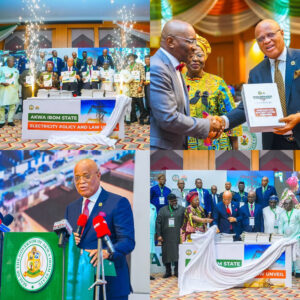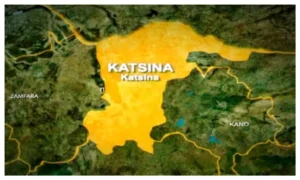
The European Union has pledged €300 million to bolster Nigeria’s fight against terrorism, with the funds aimed at tackling the root causes of violent extremism, particularly in the North-East and North-West regions.
The announcement was made during a high-level workshop in Abuja focused on reviewing Nigeria’s Policy Framework and National Action Plan for Preventing and Countering Violent Extremism (P/CVE). The event was part of the EU-funded STRIVE Global Programme, implemented by Hedayah, an international centre dedicated to countering violent extremism.
Speaking at the workshop, EU Ambassador to Nigeria and ECOWAS, Gaulter Mignot, reaffirmed the EU’s longstanding partnership with Nigeria and emphasized the need for collaborative, strategic responses to extremism. He noted that both Nigeria and the EU are active members of the Global Counter Terrorism Forum (GCTF), underscoring the importance of international cooperation.
Mignot drew attention to the devastating impact of the 15-year conflict in Nigeria’s North-East, which has severely affected the Lake Chad Basin region, resulting in significant loss of life and large-scale displacement.
While acknowledging Nigeria’s efforts and progress in combating terrorism, the EU envoy stressed that sustained investment and updated strategies are critical. He commended the initiative to review and strengthen existing policies, calling it a timely step in addressing the complex and evolving nature of violent extremism.
In a related development, National Security Adviser (NSA) Mallam Nuhu Ribadu declared open a pre-review workshop on the country’s P/CVE framework at the National Counter Terrorism Centre in Abuja. Represented by his Senior Special Assistant, Idayat Hassan, Ribadu highlighted the need to revise the 2017 National Action Plan to keep pace with emerging threats.
“Extremist groups are constantly adapting, leveraging new technologies and online platforms. Our response must be proactive, adaptive, and aligned with both national objectives and global best practices,” Ribadu said.
He emphasized key areas such as community resilience, digital literacy, rehabilitation and reintegration, and strategic communication as essential pillars of Nigeria’s counter-extremism strategy.







![[PHOTOS] Arewa Offa, Mustapha Amidat Concludes Skill Acquisition, Exhibition Programme](https://newsbulletin.com.ng/wp-content/uploads/2025/09/IMG-20250920-WA0011-300x300.jpg)